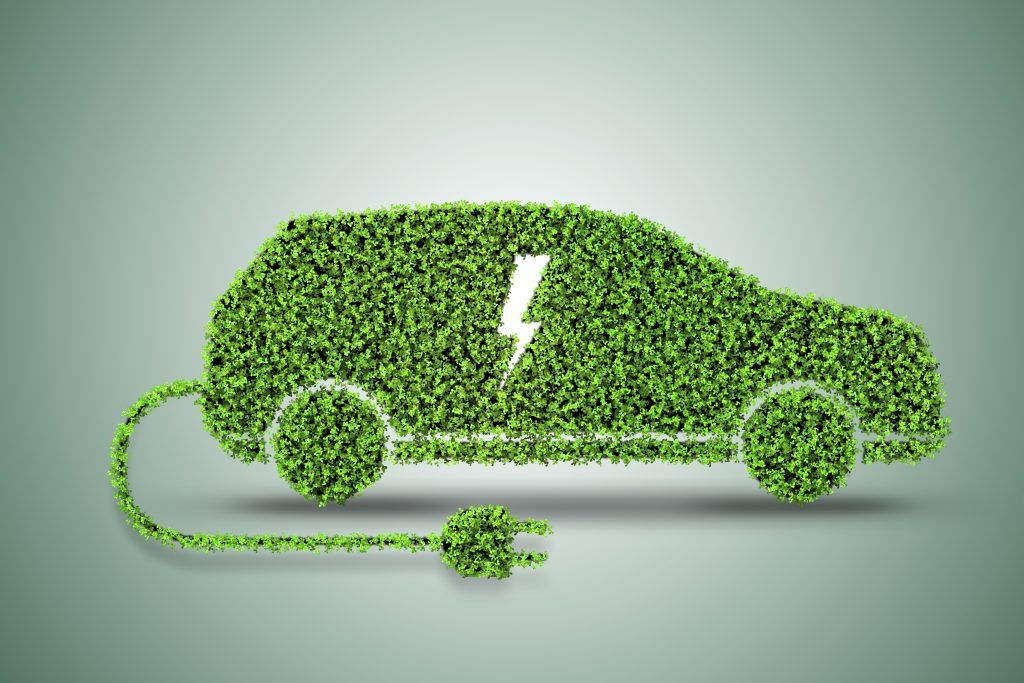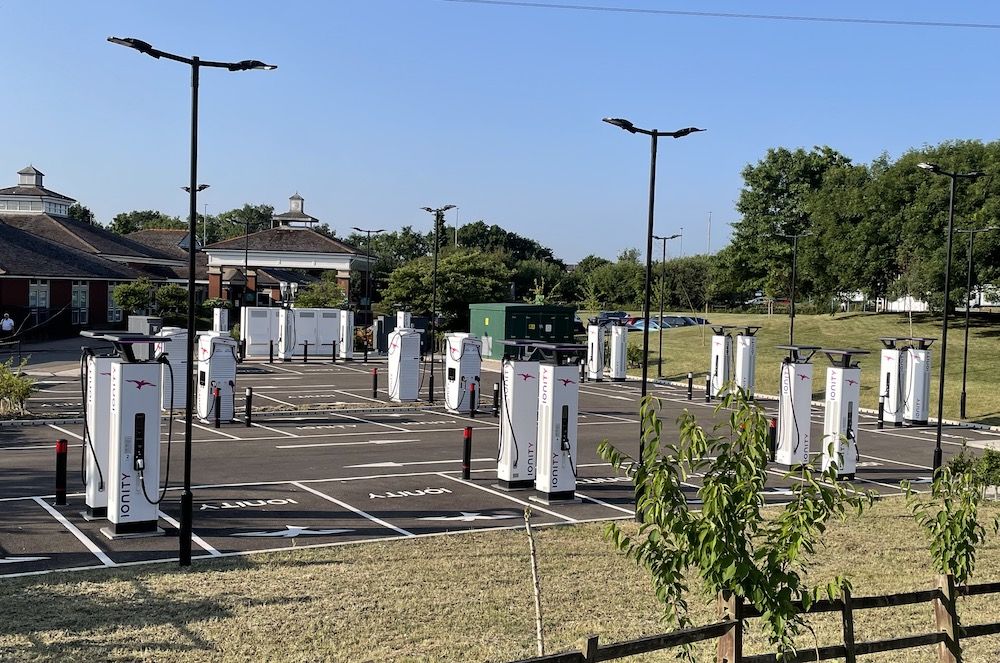The grant scheme for electric cars, vans and trucks has been updated to target less expensive models with the government providing up to £2,500 for EVs priced under £35,000.
According to the Department for Transport (DfT), this should allow the scheme’s funding to go further and help more people make the switch to an electric vehicle.
From today (18 March 2021), the government will provide grants of up to £2,500 for electric vehicles on cars priced under £35,000.
This will mean the funding will last longer and be available to more drivers. Grants will no longer be available for higher-priced vehicles, typically bought by drivers who can afford to switch without a subsidy from taxpayers.
The number of electric car models priced under £35,000 has increased by almost 50% since 2019 and more than half the models currently on the market will still be eligible for the grant, including spacious family cars, such as the Hyundai Kona 39kWh and the MG ZS EV.
Government measures to encourage people to switch to electric vehicles are also working, with nearly 11% of new cars sold in 2020 having a plug. This was up from just over 3% in 2019 – and battery electric car sales almost tripled over that same period.
The plug-in vehicle grant scheme was renewed last year, with £582 million of funding intended to last until 2022 to 2023.
Transport Minister Rachel Maclean said: “We want as many people as possible to be able to make the switch to electric vehicles as we look to reduce our carbon emissions, strive towards our net-zero ambitions and level up right across the UK.
“The increasing choice of new vehicles, growing demand from customers and rapidly rising number of chargepoints mean that, while the level of funding remains as high as ever, given soaring demand, we are refocusing our vehicle grants on the more affordable zero emission vehicles – where most consumers will be looking and where taxpayers’ money will make more of a difference. We will continue to review the grant as the market grows.”
The plug-in car grant was introduced 10 years ago to stimulate the early market for zero emission vehicles. Since 2011, government has provided close to £1.3 billion in plug-in vehicle grant funding to bring ultra-low emission vehicles onto UK roads, supporting the purchase of more than 285,000 vehicles.
Generous tax incentives, including favourable company car tax rates, which can save drivers over £2,000 a year, will remain in place.
In response to today’s announcement, Gill Nowell, director of EVA England, said: “Whilst the Government’s plug-in car grant has worked well to stimulate the electric car and van market for the last 10 years, the timing of these changes to the grant is risky. There are a significant number of popular family cars, and vans, that will now fall outside of the grant parameters. This change may risk the growth trend that is necessary to achieve the Government’s own emissions targets. If the Government’s plan is to steadily reduce the Plug-in Car Grant then other action needs to be taken to ensure a smooth glide path towards price parity and mass adoption.”
Logistics UK’s Head of Public Policy Michelle Gardner said: “Switching to zero and ultra-low emission vehicles is an important focus for the logistics industry, as it works to achieve the government’s zero emissions target by 2050. It is therefore disappointing to see the changes announced today to the government’s plug in car, van and truck grants, which have been reduced for the vast majority of available models. Logistics UK’s members are committed to making the switch to alternatively fuelled vehicles, but with the market still to reach maturity, options are limited for operators and reducing the financial support will hinder this transition. After the financial impact of the Covid-19 pandemic, to enable operators to make a change within the lifecycle of their normal vehicle, it is imperative that government lays out a clear policy road map to enable operators to invest confidently, while encouraging manufacturers to develop and launch a wider range of suitable vehicles.”
Image: Shutterstock














